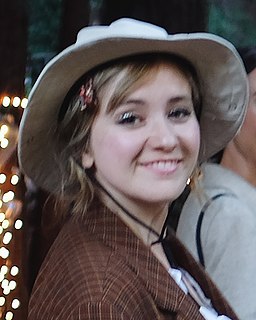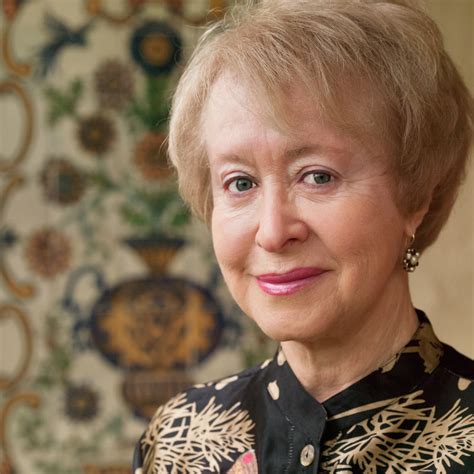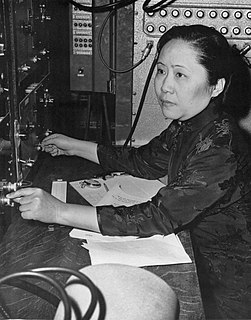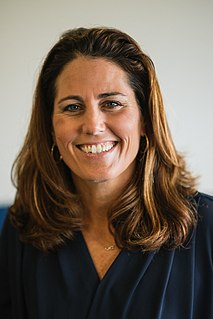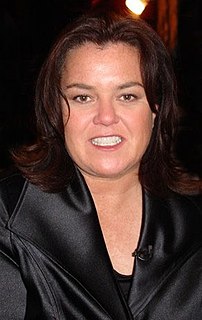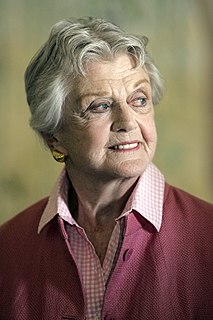A Quote by Doris Lessing
[The Golden Notebook] was not a trumpet for Women's Liberation. It described many female emotions of aggression, hostility, resentment. It put them into print. Apparently what many women were thinking, feeling, experiencing, came as a great surprise. Instantly a lot of very ancient weapons were unleashed, the main ones, as usual, being on the theme of "She is unfeminine", "She is a man-hater".
Related Quotes
There were others, women with stories that were told in a quieter voice: women who hid Jewish children in their homes, putting themselves directly in harm's way to save others. Too many of them paid a terrible, unimaginable price for their heroism. And like so many women in wartime, they were largely forgotten after the war's end.There were no parades for them, very few medals, and almost no mention in the history books.
When the feminist movement was at its zenith in the late 60's and early 70's, there was a lot of moving away from the idea of the person. It was: let's talk about the ideas behind the work, and the people matter less. It was kind of a gimmicky thing, but lots of feminist women were doing it. Many of us took the names of our female ancestors - bell hooks is my maternal great grandmother - to honor them and debunk the notion that we were these unique, exceptional women. We wanted to say, actually, we were the products of the women who'd gone before us.
But having more freedom she only became more profoundly aware of the big want. She wanted so many things. She wanted to read great, beautiful books, and be rich with them; she wanted to see beautiful things, and have the joy of them for ever; she wanted to know big, free people; and there remained always the want she could put no name to? It was so difficult. There were so many things, so much to meet and surpass. And one never knew where one was going.
There were a lot of different things [in The Women's Room ]. I don't really want to summarize it in this way. It's about a woman's awakening, a woman who came of age in the '50s and is a teenager - actually, she's a little bit older - in the '60s and part of the women's movement and how she ends up there.
There were a lot of pretty women in cinema around Audrey Hepburn's time, but she stood out because she had a very interesting personality - which went beyond her looks. She did so much for women, for animal rights, for children's education - it's always the personality that comes through and makes one seem beautiful.
It is shameful that there are so few women in science. [...] In China there are many, many women in physics. There is a misconception in America that women scientists are all dowdy spinsters. This is the fault of men. In Chinese society, a woman is valued for what she is, and men encourage her to accomplishments yet she remains eternally feminine.
I remember the day I met Cammi Granato, a former star on the U.S. women's hockey team. We were at a Women's Sports Foundation dinner in 1996, and she came over to introduce herself. She had watched the U.S. women's soccer team win gold at the Atlanta Olympics and was hopeful the U.S. women's hockey team could do the same.
For women to be supplying the soldiery with banners, flannel shirts and other material comforts was, superficially, all of a piece with their ministrations to their menfolk at home. Such contributions to the war effort were socially acceptable because they could be seen as an extension into the military sphere of the traditional female virtues of charity, nurture and needlework. Yet in reality what the women were doing represented the thin end of a far more radical wedge. Consciously or not, these female patriots were staking out a civic role for themselves. And many of them relished it.







